

The hype: Fable will revolutionize video games by giving you an unprecedented level of control over your character’s growth, and you’ll be able to affect the world of Albion in real, permanent ways. The reality: Fable was an above-average action-RPG, with most of its pie-in-the-sky possibilities failing to live up to the promises of its creators. Now, Lionhead Studios has brought the series progenitor to the current generation with Fable Anniversary, but all the shiny new graphics and second-screen experiences don't modernize a game firmly rooted in the past.
Fable Anniversary puts you in the shoes of a recently orphaned mute filled with a mountain of potential. Your village has been burnt down, your family's gone--all that remains is life at the Hero’s Guild. What follows is a standard tale of personal growth, melodrama, revenge, and redemption. And farts. And chicken punting. And cross-dressing polygamists. What makes Fable different from every other RPG is the level of customization you have over the development of your character. Change your hairstyle or your clothes, be good or evil, help the townsfolk or watch them burn--the choice is yours. Fable’s narrative may not be the most interesting out there, but few games let you flip the bird at every single person you meet.
When you’re not busy making Ace Ventura-esque pelvic thrusts at the various citizenry, you’ll be taking on their many requests, as well as pursuing your own quest to find your family. Often, that means fighting the people that stand in your way. Combat is a rhythmic, if clumsy, combination of melee, ranged, and magic attacks, and save for a few minor control tweaks, works exactly as it did nearly a decade ago. During your journey you’ll travel through graveyards, cobblestone-paved villages, swamps, and other exotic locales (all featuring a brand-new coat of paint in the Anniversary edition), slinging through wave after wave of bandits, trolls, and other fantasy-themed tropes. The gags are sophomoric and crass (think Monty Python), but few fantasy games approach their subject matter with such a cheeky sense of humor.
That warped scatological humor extends right down to the Achievements, which are new to this version of Fable. Only here will you find an Achievement entitled “Ass Creed,” granting five Gamerscore to the intrepid adventurer who dons an assassin’s outfit and… well, you know. There are even Achievements with dual objectives, rewarding you with those sweet, sweet metapoints if you complete one of two requirements. While you’ll get the same amount of points whether you, say, unlock every secret Demon Door or stubbornly decide to flip one the bird, you’ll get a different stamp based on your individual choice. Like all Achievements, these little rewards don’t really mean anything (well, they might not to you, anyway) but they add an extra incentive for those who have already experienced this journey before.
While the Achievements are a hilarious if superfluous addition, the graphics are clearly the biggest change Lionhead Studios made with Fable Anniversary. Upgraded textures, denser foliage, bloom lighting (my God, so much bloom lighting) and other graphical enhancements make Fable Anniversary look far better than it did on the original Xbox. Unfortunately, the visual facelift looks more like an obvious botox job than a real overhaul. Animations, environments, even the hair and character models look like they’ve just had their improvements slapped on top of the originals rather than being built from the ground up--a fact made more evident by the copious amounts of texture pop-in.
Other weird graphical abnormalities will make it into your playthrough, even after downloading the required patch. Hair and shadows shift back and forth between two different frames of animation, and characters hover inches above the ground or sometimes appear wildly out of frame during cutscenes. Fable may have been full of weird glitches and bugs when it first released, but these are issues that should have been ironed out for an HD remaster. Perhaps I’ve been spoiled by gorgeous remakes like The Legend of Zelda: The Wind Waker HD. Perhaps the original Fable’s aesthetic doesn’t lend itself well to this level of graphical overhaul. Still, Fable Anniversary doesn’t look bad by any stretch, just...disappointing.
Fable Anniversary removes a lot of the headaches found in the original version by adding some very welcome new features. In addition to the main quest, you’ll get The Lost Chapters, a series of additional missions created for the Greatest Hits version of Fable back on the original Xbox, extending what was originally an incredibly short game. You’ll also get SmartGlass support, which gives you real-time map updates, as well as the location of treasure chests, Demon Doors, and other important information--including integration with Prima’s official strategy guide (sold separately, natch). Most importantly, a complete overhaul of the save system adds checkpoints and the ability to actually save during quests--something that the original Fable surprisingly wouldn’t allow. None of these additions dramatically alter the game in any way, but they definitely make going back that much easier.
What Fable Anniversary doesn’t fix are the same weird foibles that merely seemed odd back in 2004; now they feel downright archaic. Why is the combat so stiff and ungainly? Why do I have to go all the way back to the Hero’s Guild every time I want to level up or take a new quest? Why are my items and gestures hidden under layers of awkward direction-pad presses? Why are all of my spells mapped to a single button? You can switch between the original’s control scheme and the more recent layout from Fable 2 and 3, but both feel ill-equipped for the challenges at hand. A newly designed interface streamlines many of the menus and UI issues, but the core experience remains unchanged, warts and all.
Fable may not have been the RPG to end all RPGs when it released nearly a decade ago, but we looked past a lot of its problems because of everything else it got right. The distinctly British sense of humor and the unique customization and moral options are all here, just as you remember them. But so are the one-note combat and awkward design choices. While games have changed immensely since Fable’s initial release, Fable Anniversary gives series fans a chance to explore Albion’s origins all over again--even if it hasn’t aged all that well.
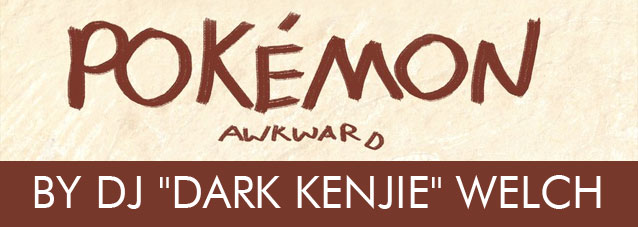
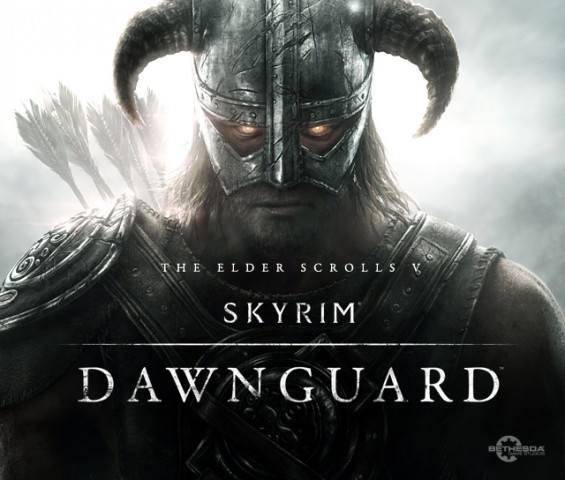
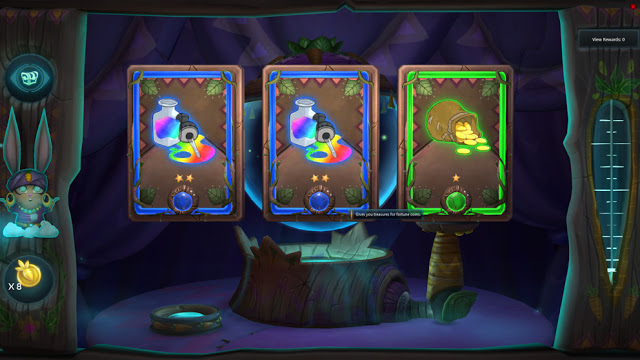
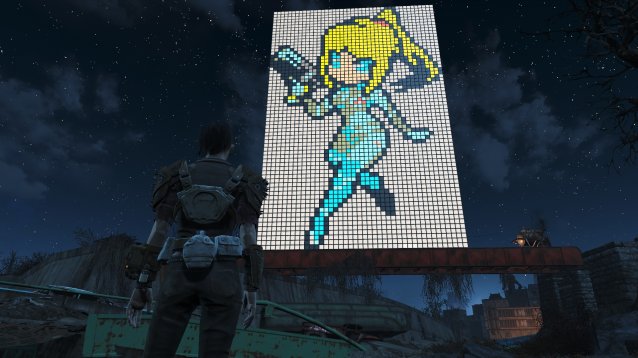
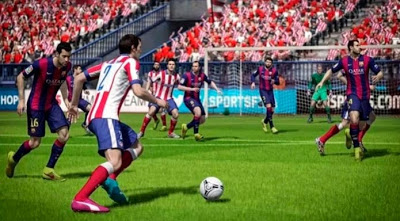 FIFA 15: List with the Best in UT field
FIFA 15: List with the Best in UT field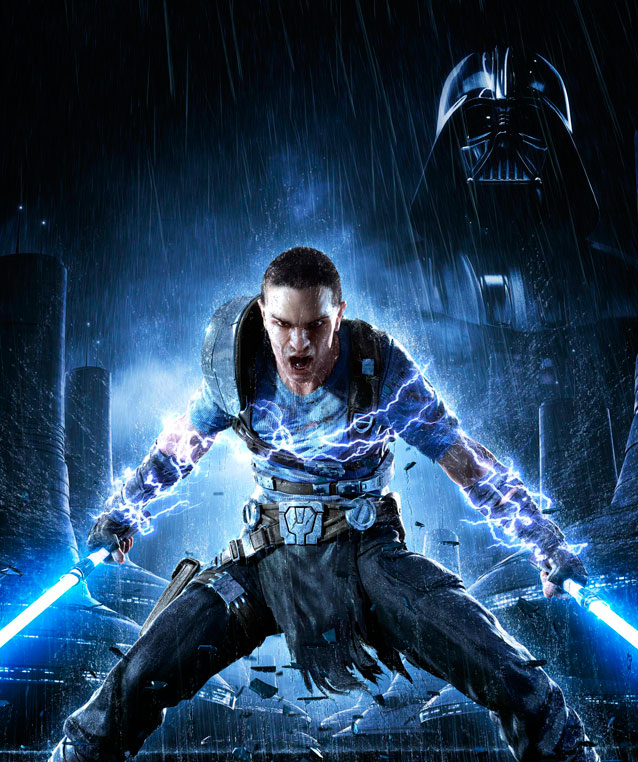 Star Wars: The Force Unleashed 2 Walkthrough Video Guide in HD
Star Wars: The Force Unleashed 2 Walkthrough Video Guide in HD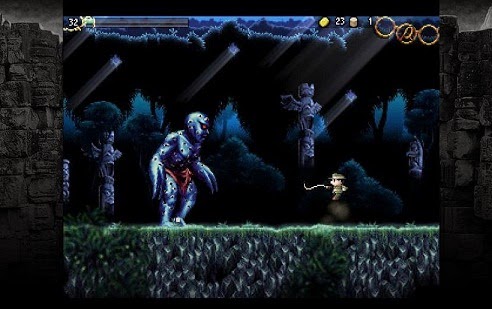 La-Mulana EX PSVITA review
La-Mulana EX PSVITA review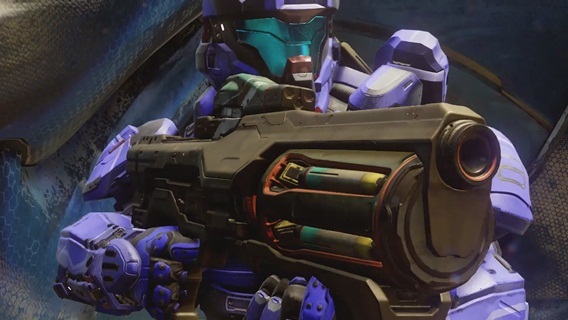 Halo 5: Guardians All Weapons at a glance / guide
Halo 5: Guardians All Weapons at a glance / guide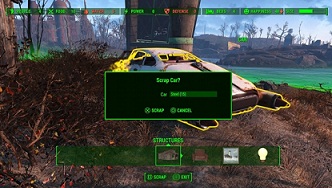 Fallout 4: scrap / miscellaneous items and crafting
Fallout 4: scrap / miscellaneous items and crafting